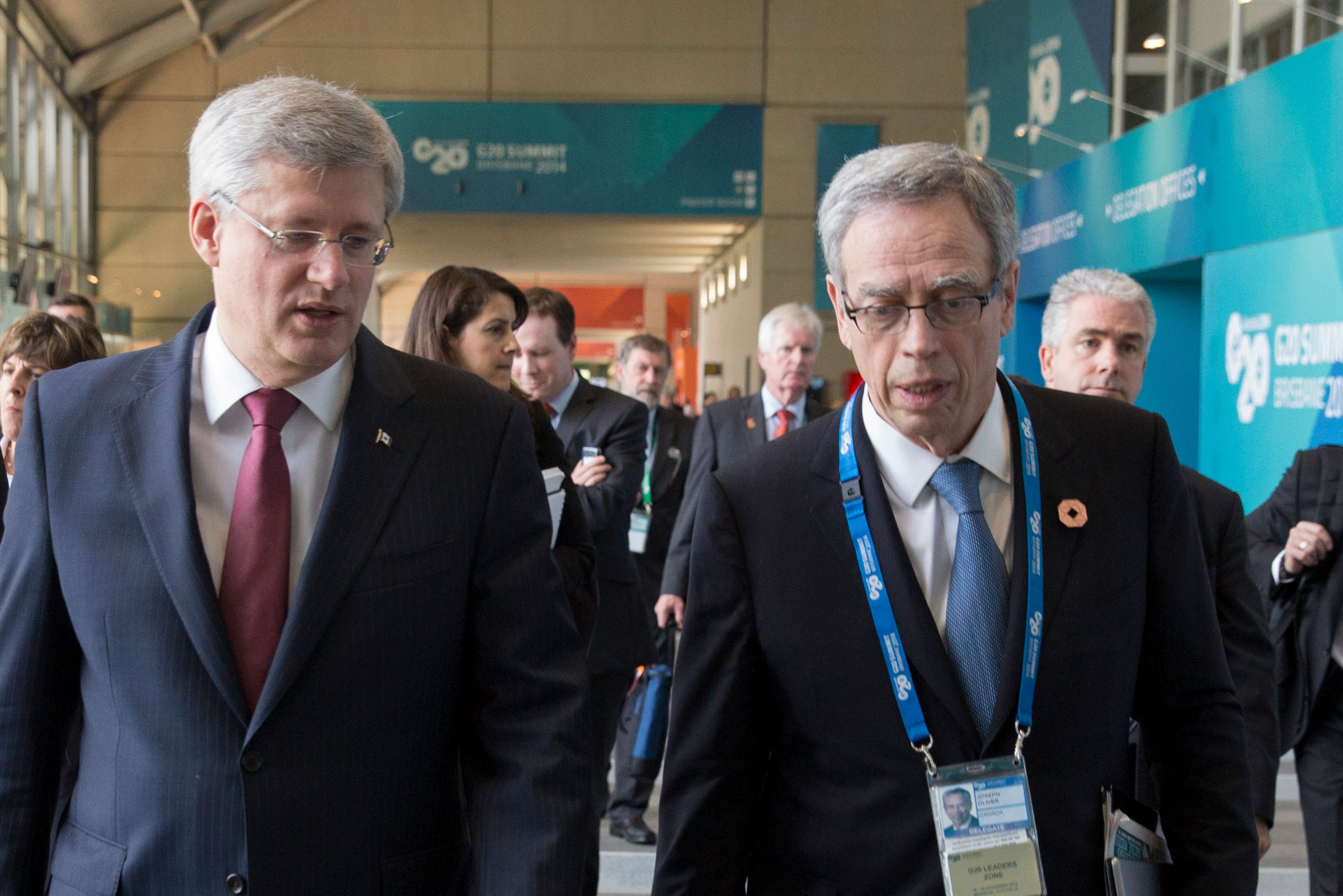Finance Minister Joe Oliver delivered a 37-minute budget speech on April 21 without once mentioning the word “poverty” as it applies to Canada. Shortly after many MPs, their staff members, journalists and Ottawa’s ubiquitous lobbyists headed off for the evening to Hy’s Steakhouse, an upscale spot near Parliament Hill. There are three food banks in Ottawa-Gatineau, one of them just a few kilometres from Hy’s but for those folks the budget offered only meagre crumbs from the table.
Food Banks Canada says that 841,000 Canadians turn to food banks each month and nearly half are families with children. Why have food banks become a permanent fixture? For one thing, provincial social assistance rates provide, at best, an income about 40 per cent below the poverty line. Another problem is precarious work and low wages. About 20 per cent of food bank users are people who are working or who have worked recently enough to be receiving Employment Insurance.
Our dirty little secret is that almost five million Canadians live in poverty but some good people want to change that. Food Banks Canada has a five point plan which includes having Ottawa invest in affordable housing (a field vacated under the Chretien Liberals), and replacing ineffective provincial social assistance bureaucracies with a basic income administered through the tax system.
If this sounds revolutionary, it isn’t. When I was a cub newspaper reporter in Prince Albert, Saskatchewan in 1970, I covered a hearing of the Senate Committee on Poverty led by Senator David Kroll. His committee’s report called for a guaranteed annual income. In 2009, there was another Senate report on poverty which was inspired and driven by Senator Hugh Segal among others. Segal, now retired from the Senate, says that a guaranteed annual income is as worthy a Canadian project as Medicare.
A coalition called Dignity for All is leading a campaign for a national anti-poverty plan. Their recommendations include a national housing strategy; a national pharmacare program because Medicare covers only 70 per cent of health costs and prices for pharmaceuticals are rising rapidly; a publicly-funded early childhood education and care program; and a national minimum wage set above the poverty line.
In return for their good work both of Dignity for All’s partner organizations have been targeted for audits by the Canada Revenue Agency on the grounds that they are being too political. Citizens for Public Justice survived its audit several years ago and Canada Without Poverty is currently under the CRA’s microscope. These audits, which threaten the loss of charitable status, are both mean-spirited and politically motivated.
The government’s 2015 budget continued with the politicized practice of providing boutique tax cuts to core constituencies but once again action to deal with on poverty has been ignored. In fact, the word wasn’t even mentioned. Perhaps we can all pitch in to help groups such as Food Banks Canada and Dignity for All make eradicating poverty an issue in upcoming federal election.
This piece appeared as a United Church Observer blog on April 22, 2015.



